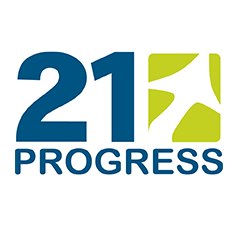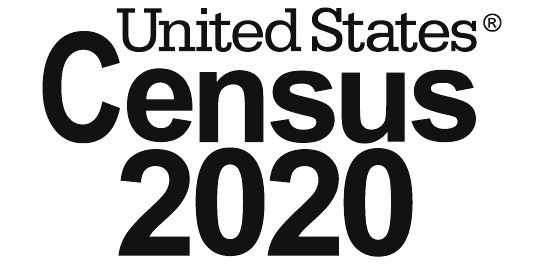
The coronavirus pandemic has not only forced the University of Washington Bothell to move to a remote learning environment, it also has caused the University and its community partners to shift how they engage with each other and people in region.
One such partner is 21 Progress, a Seattle nonprofit that trains young people interested in social change to become civic leaders. Over this last academic year, the nonprofit has been working with nine students, training them to serve as census ambassadors and encourage everyone in the community to be counted in this year’s U.S. census.
Then, just as they were about to launch their outreach, came the state of Washington’s stay home order and the University’s remote operations announcement.
Undaunted, the team from 21 Progress and UW Bothell took advantage of the census deadline extension to July 15 and refigured how best students could connect with people in the community and encourage their participation in the census.
Shifting strategies
The census ambassadors include leaders from student government, the Student Diversity Center and the Achieving Community Transformation student group. They were mentored by Shauniece Drayton, ACT program coordinator in the Office of Community-Based Learning & Research.
Much of the training and the census campaign were planned for campus. But two weeks before the start of one-to-one, group and classroom interactions, everyone was ordered to stay at home because of the pandemic.

“We very quickly shifted strategies to focus on digital education and digital relationship-building. We changed soap-box speeches to call-to-action videos,” said Marissa Vichayapai, then director of programs for 21 Progress. “Kudos to UW Bothell students for rolling with it themselves.”
Vichayapai was the lead instructor for five online workshops from March to May. They included sessions on campaign organizing, problem solving and how to reflect on your progress and, fortuitously, how to pivot your strategies in the middle of a campaign.
Amplifying effects
Working virtually through emailing, social media, short videos, memes, websites and Zoom meetings, the student census ambassadors were able to reach more than 6,200 people this spring.

“It’s a number all of us are really proud of,” said Vichayapai. “It is hard to reach folks during a pandemic.”
The campaign may even have contacted more people than if it had been carried out in person, said Kara Adams, UW Bothell’s director of community engagement. “I’m incredibly amazed by their reach with their online campaign.”
Vichayapai said the students’ impact was magnified by working as a team. “We focused on tactics and strategies that worked and then helped share each other’s work out,” she said. “They really amplified each other’s work, and that was beautiful to see.”
The students, who each received a Certificate of Civic Leadership for their efforts, may have acquired new skills in relationship building and winning commitments through advocacy — but they brought their passion with them from UW Bothell, Vichayapai said.
“One of the things I find unique about working with UW Bothell students,” she said, “is they often demonstrate an ambition and willingness to get their hands dirty and get involved in the activities they engage in.”
Progressive impacts
A UW Bothell partner for five years, 21 Progress initially trained faculty and staff to support undocumented students in the DACA program. UW Bothell students also have interned at 21 Progress and taken part in its leadership and mentorship programs.
As a member of UW Bothell’s Community Engagement Council, 21 Progress also provides strategic input and feedback on a variety of campus initiatives.
Vichayapai said the nonprofit is interested in looking to increase community-education partnerships when things settle into a new normal.
In all, UW Bothell has more than 300 ongoing partnerships, including capstone projects, research and internships, Adams said. The stay-at-home order and economic impact forced cancellations of some partner activities, but others were able to shift. This spring, for example, the Office of Community-Based Learning & Research worked with faculty and partners to plan 27 courses with an external engagement component, and 14 were able to move forward despite the pandemic.
Now, Adams said, the University is thinking about what will be possible in the autumn quarter and beyond.
“It might be different forms of partnership that we haven’t even imagined that the region needs from UW Bothell,” she said. “We have a huge appreciation for our partners, the often-extra labor on their end and their dedication to commit to our students as the future workforce and civic leaders.”



